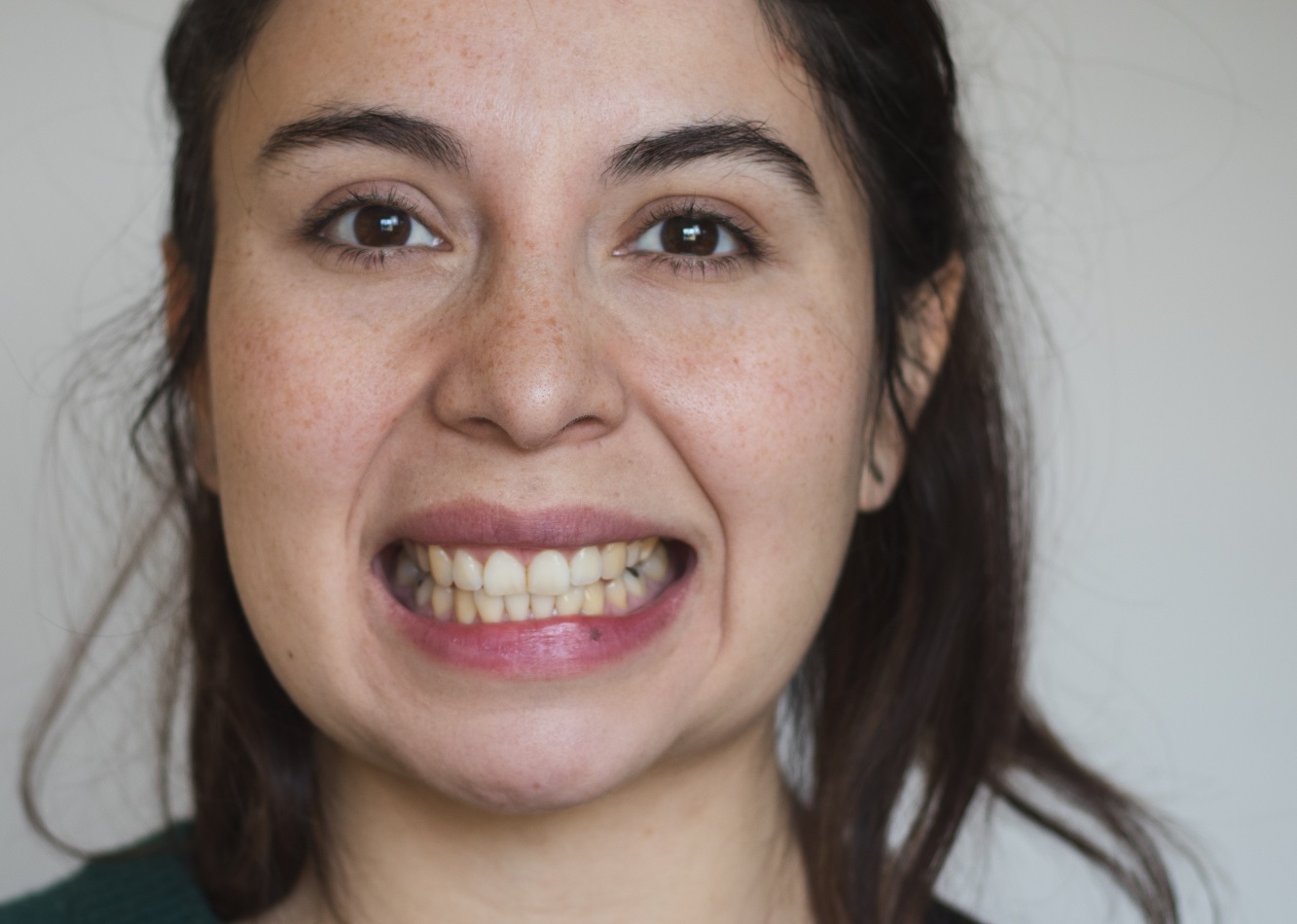
When it becomes a serious enough problem, bruxism can be hard to ignore. However, when it first develops, the warning signs that you might have a teeth-grinding problem aren’t always as easily noticeable. Unfortunately, this can make it more likely that you’ll miss the warnings and experience more substantial concerns, such as damage to your teeth, before you realize that there’s a problem to address. Today, we examine a few of these early signs that you might have bruxism, and when you should visit your dentist to diagnose and treat it.
Do you notice you grind your teeth often?
When you have bruxism, you won’t always notice when your teeth are grinding together. This is one of the major problems with bruxism, as many patients will grind their teeth in their sleep, when they can’t stop themselves. However, you may notice yourself grinding your teeth more often than usual, which could be an indication that bruxism has become an issue. You can force yourself to stop grinding your teeth when you do take note of it. However, the unchecked grinding that you don’t notice may soon begin to cause other symptoms if you don’t speak with your dentist soon about the potential problem.
Are your teeth starting to feel more sensitive?
Whether you notice yourself grinding your teeth together or not, the effect of the constant grinding will still be the same. Over time, the immense pressure and friction will start to make the enamel around your teeth weaker, which will make the main structures underneath the enamel more sensitive to stimuli. This sensitivity may be focused on a single tooth or across several teeth, and it will continue to grow more intense the longer you continue to grind your teeth together unchecked.
Do some of your teeth seem worn down?
The longer bruxism continues, the more the condition will wear down your healthy, natural tooth structure. If it isn’t addressed after your teeth start to become sensitive, then your condition can start wearing your teeth down significantly enough to change how they look and feel. As the chewing surfaces of your teeth become worn, your bite can feel different when your upper and lower teeth meet each other. This can throw your bite off-balance and make the consequences of chronic bruxism even more significant.
Find out if you have a bruxism problem
Bruxism is a serious problem when it’s ignored, and these signs could be warning you to seek treatment for it before you experience more significant symptoms. To learn more, schedule a consultation with us by calling the office of Dr. Stuart Dexter in Prairie Village, KS, today at 913-362-8200.

